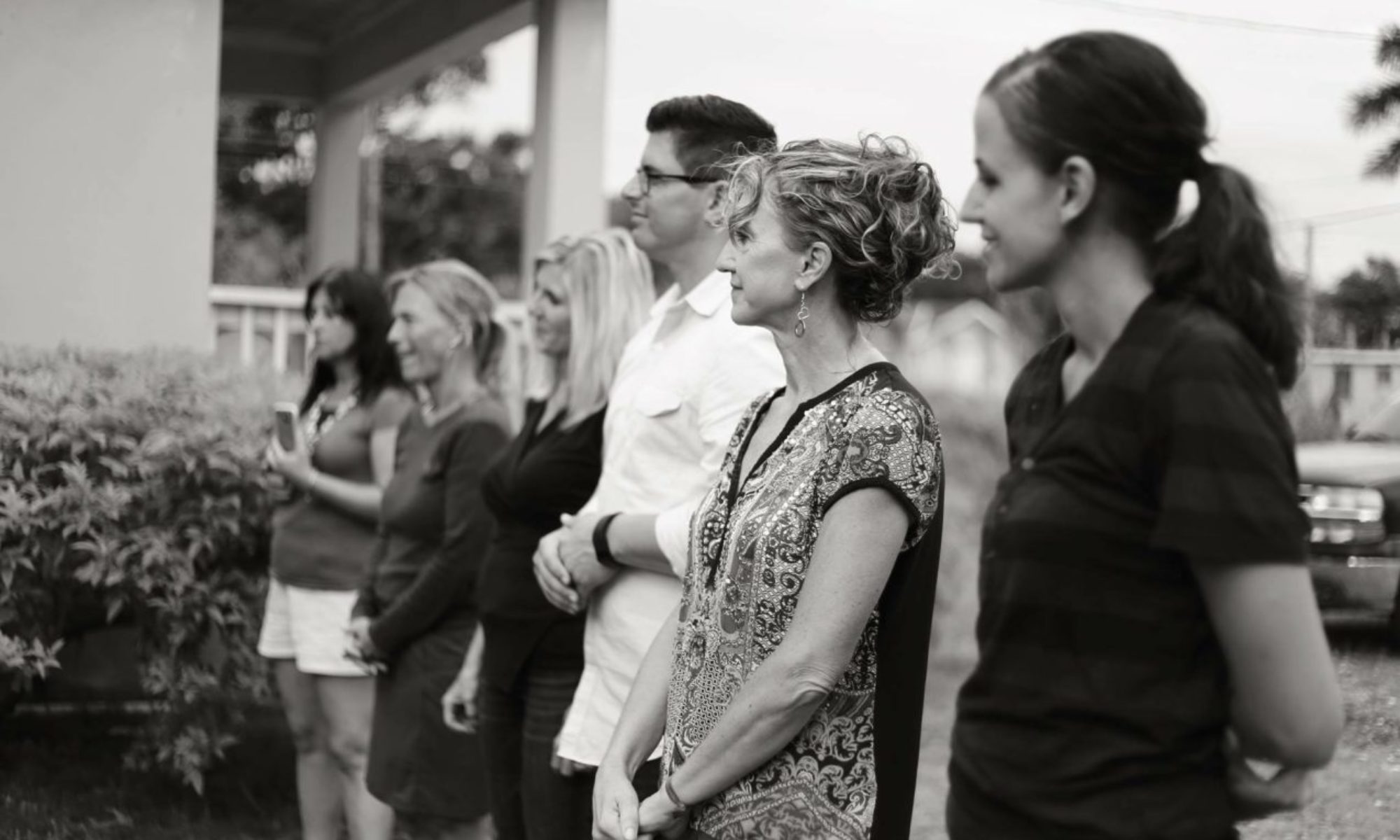In 1995 Christopher Reeve became paralyzed from the neck down following a horse-riding accident. He landed on his head, suffering a cervical spinal injury after shattering his first and second vertebrae. From that point on, Christopher was dependent on a wheelchair for mobility and a respirator for breathing. His wife Dana is known for her compassionate caregiving and support of her husband, post tragedy.
While compassion and empathy both refer to a caring response to someone’s distress, compassion can lead to action. For example, Dana’s compassion for her husband’s fate invoked a passion to care for him. Compassion creates space to suffer along with others, accompanied by a strong desire to alleviate that suffering.
With bible translation, compassion means to have mercy, to feel sympathy and to have pity. In his letter to the Ephesians, Paul directs them to “be kind to one another, forgiving each other, just as in Christ God forgave you.
How can we show compassion for others?
First we must see, acknowledge, and feel the suffering of others. As we seek to make the world a better place, we can be motivated to improve the lives of others, to give what is needed, to show humility and the light of humanity. We can speak kindly and softly, advocate on other’s behalf, and offer resources, while showing empathy to their strife.
We were not created to live on an island. We are meant to live in harmony with others. The gift(s) you give to others can never be taken away. It becomes part of your and their history, withstanding all aspects of time. What does it cost you to be kind? If you find yourself in a place of abundance, look to share it with someone less fortunate. It’s really a win-win. Associate with the difficulties of others, honor and respect where they are, and give what you can, whether it be time, service, or money. You can lift up another, and with that true and honest compassion, lift yourself.


